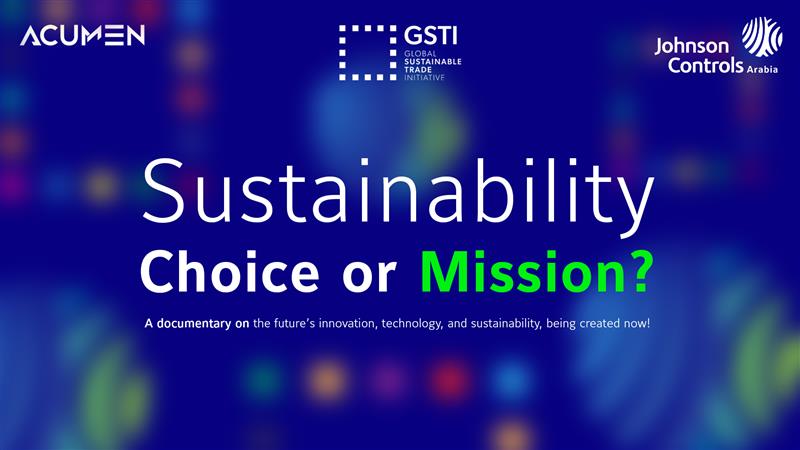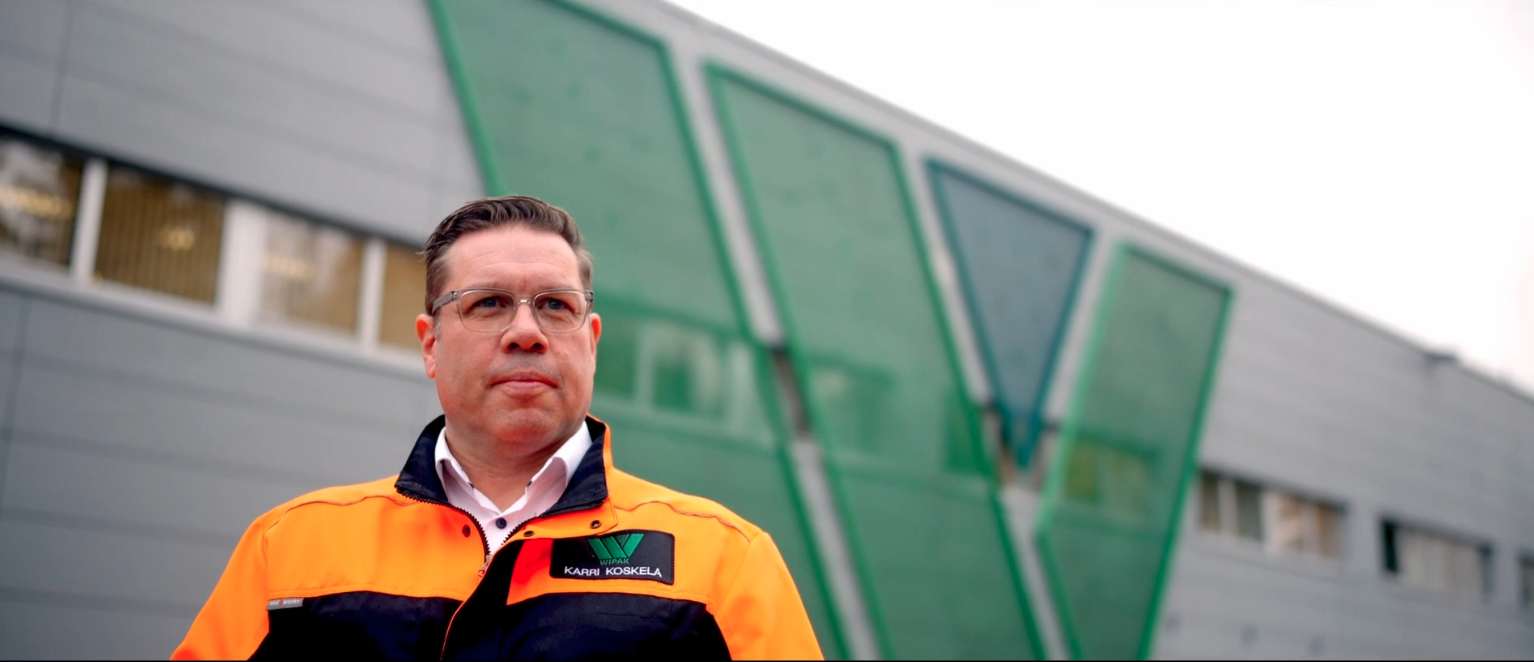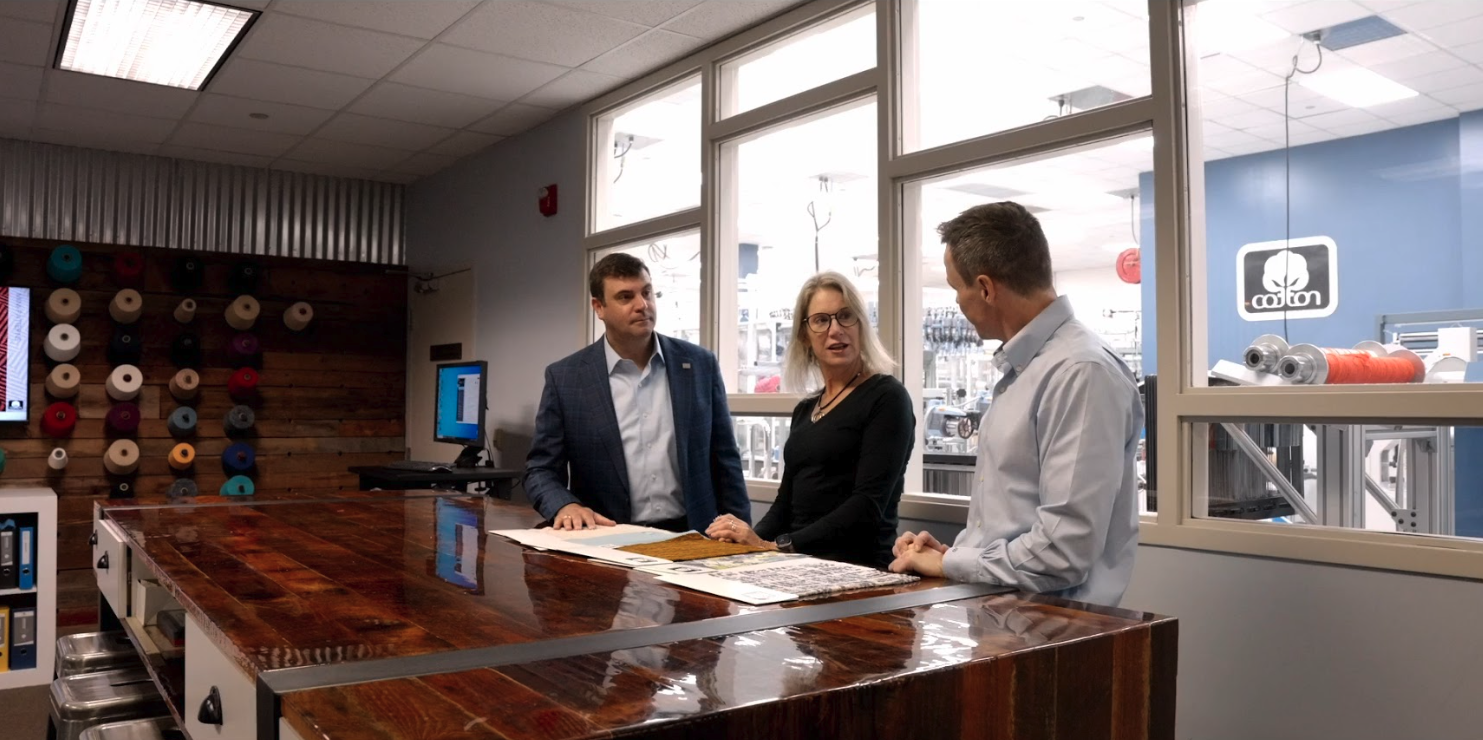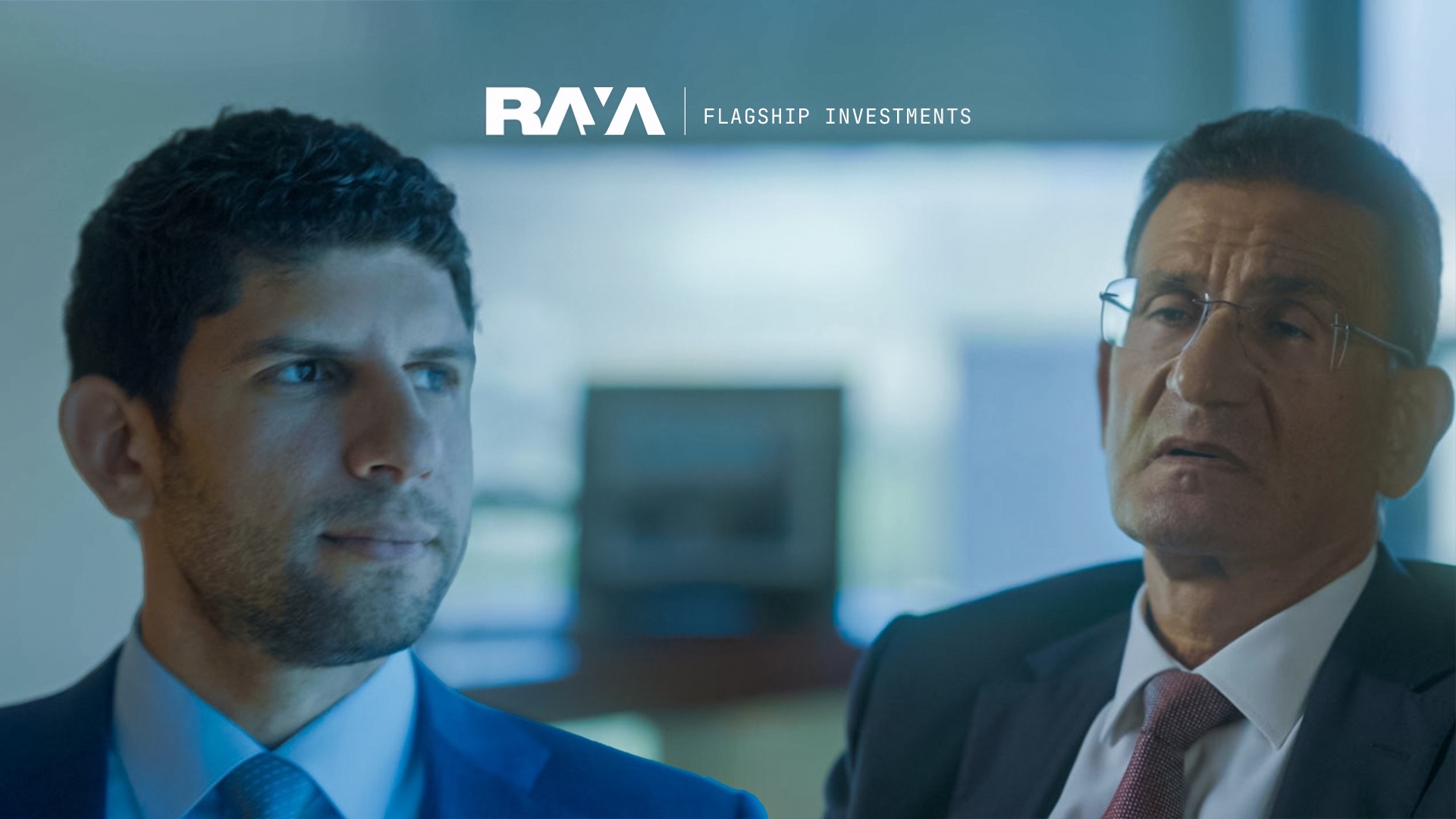Why Challenger Technologies – a Climate Fix
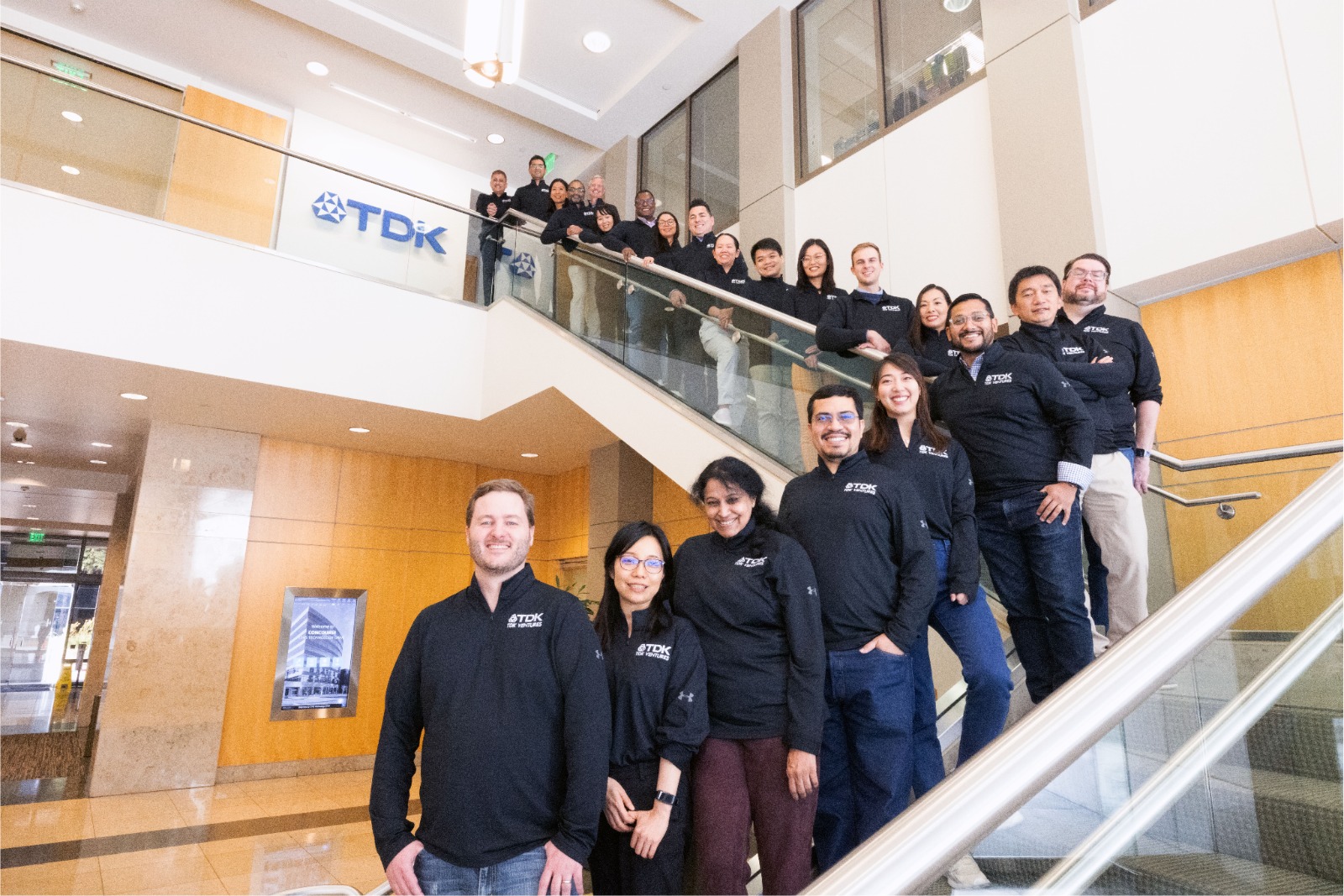
TDK Ventures wields proactive investments in climate change
Global cooperation to address climate change may ebb and flow depending on evolving dynamics among major nations, but momentum is growing.
As 2023 drew to a close, COP28 grabbed the world’s attention with major milestones toward reducing our planet’s reliance on fossil fuels, punctuated by a historic commitment by nearly 200 nations. Over 190 countries have ratified the Paris agreement.
With all eyes on Davos, the 2024 World Economic Forum represents a must act opportunity for leading nations to drive further progress.
“Now more than ever, the world faces challenges that require a concentrated and collaborative effort,” said Nicolas Sauvage, President, TDK Ventures. “This is where entrepreneurs come in. They are providing innovation, but they need capital to scale and strong support to take solutions to commercial reality.”
Venture capital funding for climate tech is back. Corporate VCs also upped their game, and the right partner can add value beyond funding via product validation and access to early customers. For over 85 years, TDK has been dedicated to contributing to a better future and world through technologies, and TDK Ventures is helping to amplify that promise.
With private and public funding, developed nations can fund major progress such as rethinking the foundational materials technologies helping to address climate change, as well as the use of natural resources. For example, to help drive cleaner electrification worldwide, TDK Ventures backed pH7 Technologies, developer of a green solvent extraction process for copper, a critical metal for electrification. The firm also backed Divirod, a water risk intelligence platform for climate resiliency.
Scaling and commercializing climate tech startups is never easy. “While the world directs attention toward renewable energy and away from fossil fuels, it’s important to consider the complex geopolitical dynamics,” Sauvage added. “In an ideal globalized scenario, free flow of materials, energy and technologies across borders is envisioned. Today’s reality portrays a fragmented world with significant barriers to the exchange of essential elements.”
Sauvage points to a ray of hope in the form of ‘challenger technologies.’ “These ‘challenger technologies’ have substantial potential. With strategic financial backing from forward-thinking nations navigating the complexities of a fragmented global market, they not only stand to thrive but also hold the capacity to make significant contributions in addressing the ramifications of such fragmentation.”
Challenger technologies backed by TDK Ventures include Peak Energy, which is commercializing sodium-ion battery technology to serve growing market demand for energy storage, and Type One Energy, which is developing a continuous fusion power plant to produce affordable, clean energy and replace coal power plants.
“Meeting the intricate goals of energy transformation requires a unified global effort. Our climate crisis requires everyone – governments, corporations, entrepreneurs and citizens to change outcomes,” said Sauvage. “If these endeavors prove successful, in the next decade we could see a new landscape of scalable technologies—a potent arsenal to mitigate the climate crisis and usher in a sustainable era.”



